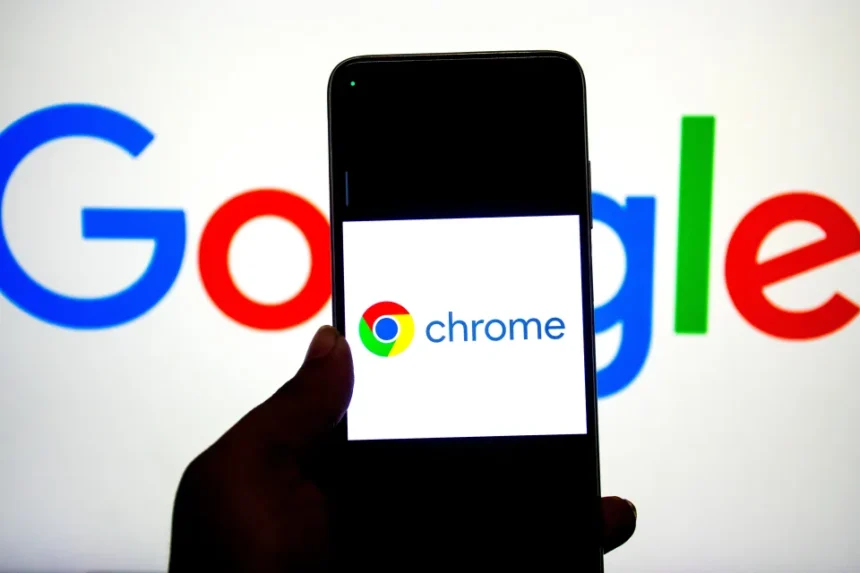The country’s watchdog is reportedly set to announce violations related to Chrome.
Google’s dominance in the digital world is under fire yet again. This time, the tech giant is facing accusations of violating antitrust laws in Japan. The Japan Fair Trade Commission (JFTC) is reportedly preparing to issue a cease-and-desist order against Google, as reported by Nikkei Asia. The allegations center around Google’s practices related to its search engine and the Chrome browser, echoing the scrutiny it faces in other parts of the globe.
Japan’s Probe into Google’s Practices
The JFTC’s investigation into Google began in October last year, and it appears the findings have raised significant concerns. According to reports, Google has allegedly been imposing strict requirements on smartphone manufacturers. These manufacturers are said to be forced to pre-install Chrome on their devices and place it in a prominent location on the screen. The catch? Compliance is allegedly tied to access to Google Play—a critical app marketplace for Android devices.
If the JFTC’s claims hold water, Google’s practices could be seen as a way to maintain its stranglehold on internet access points, leaving little room for competitors to carve out a space in the market. This isn’t just a legal matter; it’s a question of whether Google is using its market power to unfairly tilt the playing field in its favor.
A Familiar Pattern of Allegations
The accusations in Japan are not an isolated case. Around the world, regulators are increasingly calling out Google for monopolistic behavior. Just last month, a U.S. federal judge, Amit Mehta, ruled that Google is a monopolist in the search engine industry. This ruling followed a high-profile case brought by the Department of Justice (DoJ), which accused Google of exploiting its market dominance to stifle competition.
The DoJ’s concerns extend beyond search engines. In a bold move, it has called for Google to sell Chrome, arguing that such a step is necessary to dismantle the company’s grip on a critical gateway to the internet. The DoJ also seeks to prohibit Google from favoring Chrome on Android devices, aiming to create a fairer ecosystem for rival browsers and search engines.
Google’s Response and Global Implications
Google is not taking these accusations lying down. The company has proposed measures to address the DoJ’s concerns but has made it clear that it will appeal Judge Mehta’s ruling. A hearing is scheduled for April, setting the stage for what could be a landmark decision in antitrust law.
The stakes are high. A forced divestiture of Chrome would mark one of the most significant antitrust interventions in tech history. It would also send a clear message to other tech giants: monopolistic practices will not be tolerated, no matter how entrenched they may seem.
Why This Matters
The outcome of these cases—both in Japan and the U.S.—could have far-reaching implications. For consumers, it’s about choice. A more competitive market could mean better products, more innovation, and lower prices. For businesses, it’s about fairness. Companies should compete on the merits of their offerings, not on their ability to lock out competitors through contractual obligations or market power.
Moreover, these cases highlight the growing global consensus that Big Tech needs to be reined in. From Europe to Asia to North America, regulators are increasingly willing to challenge the dominance of companies like Google. The question now is not just whether these companies will face penalties but whether the actions taken will fundamentally reshape the digital landscape.
Looking Ahead
As the JFTC gears up to take action, all eyes will be on Japan to see how it handles this high-stakes case. Will Japan’s watchdog deliver a blow to Google’s business model, or will the tech giant find a way to navigate these legal challenges without losing its foothold in the market?
One thing is clear: the era of unchecked dominance by Big Tech is coming to an end. The world is watching, and the outcomes of these battles could redefine the future of competition in the digital age.










